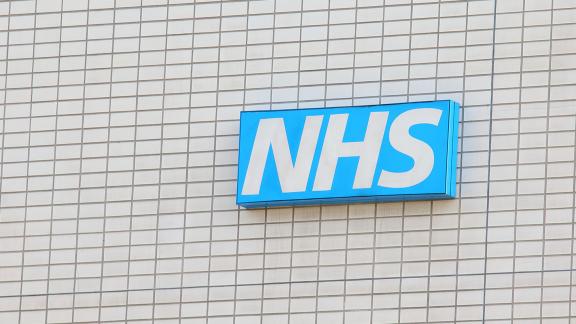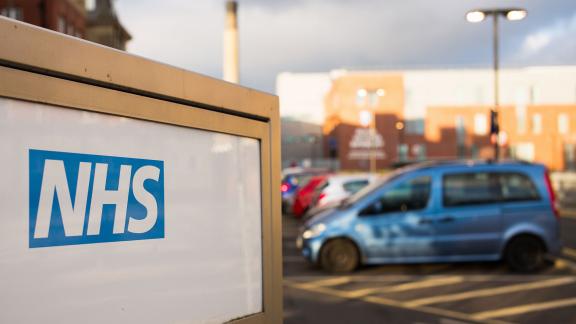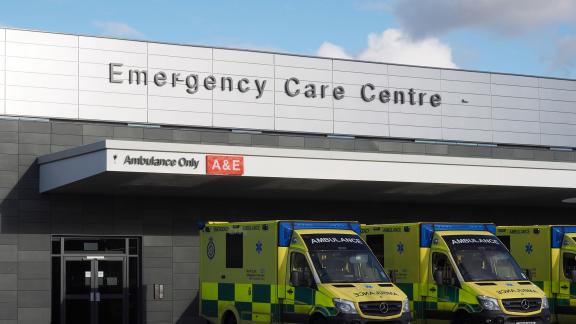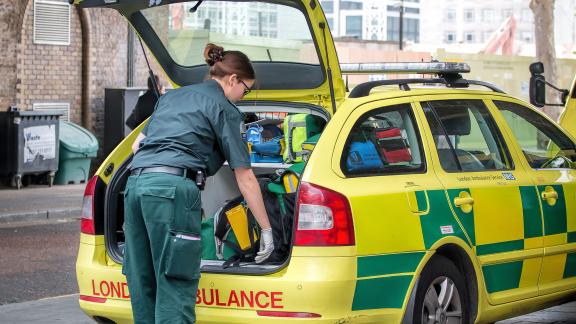NHS recovery at risk: Health leaders call for resolution ahead of ‘strike week’

The significant progress made by the NHS to clear the treatment backlogs and improve urgent and emergency care is in doubt unless the intensifying waves of industrial action, which are leading to tens of thousands of appointments needing to be postponed, are brought to an end.
As the NHS braces itself for what is likely to be the most disruptive strikes so far, with industrial action expected to take place almost every day next week, NHS leaders are warning of a growing fatigue given the cumulative impact of the strikes. They say it is becoming harder to deal with the constant disruption caused by ever more strike days, as the ninth week of industrial action approaches.
This warning comes as the latest data shows that the elective care waiting list did not grow for the first time since May 2020: November 2022 saw record numbers of planned procedures (70,000 more than November 2019), as did and tests and checks (over 2.17 million). Also, fewer hours were lost to ambulance handover delays outside of hospital in the last week despite there being an increase in patients.
The NHS is working towards ambitious recovery plans for elective care, and urgent and emergency care, with a plan for recovering primary care services also announced as part of the Government’s Autumn Statement. Delivery of these could be at risk if the strikes are allowed to continue and intensify.
While the NHS is responding as well as it can to the industrial action, it is doing this at huge cost to its local communities and staff, as rotas need to be revised, time is taken away from improvement work and planned appointments must be rescheduled so that the most urgent and life-critical services can be prioritised.
When ambulance workers and nurses staged strikes on consecutive days last December, this led to over 18,600 elective procedures and hospital outpatient appointments needing to be cancelled.
Since then, the total number of cancellations has increased to over 88,000 as further strikes have taken place.
In December, 44 NHS trusts were directly affected by the industrial action coordinated by the Royal College of Nursing but for next week’s strikes, as many as 73 NHS trusts (around one in three in England) will be impacted, in addition to those striking with GMB, Unite, Unison and the Chartered Society of Physiotherapy.
With no end in sight and the possibility of strikes from junior doctors and hospital consultants on the horizon, the increasing concern from health leaders is not solely about the harm and disruption on the day but on the cumulative impact on the NHS and local communities.
Health leaders are urging the government to show initiative or risk longer waiting times for the public and progress being stalled on vital reforms.
In particular, the NHS Confederation has identified four main risks if the Government allows industrial action to continue:
1) Recovery of performance
While health leaders are hopeful they will be able to meet the government’s target to ensure everyone waiting over 18 months for an elective procedure gets one by 1 April, this tall order could become increasingly challenging on a national level the longer industrial action continues. According to the latest national data (for November 2022), nearly 49,000 people remained on this waiting list. Also, over 10,700 operations have had to be postponed as a direct result of the strikes so far. Elsewhere, health leaders are committed to the recently published Urgent and Emergency Care Recovery Plan but progress is likely to be hindered if strikes lead to delays in 999 and 111 calls being responded to. Also, primary care leaders have reported that the impact of the strikes on their services in the community has not been fully acknowledged.
2) Readiness from patients to come forward
As seen during the peaks of the Covid-19 pandemic, health leaders are concerned that the pressures facing the NHS, including through industrial action, could lead to patients being put off from accessing healthcare they need, through fear that they would not be seen in a timely manner, that they would not receive the quality of care they expect, or because they would not want to be seen as a burden. This is a particular worry raised by leaders of mental health providers and the risk is that it could lead to patients storing up more serious health problems in future.
3) Relationships
While local staff relations have largely been positive during the strikes, including in the agreement of derogations and in staff crossing the picket line to respond to life-critical situations, members have reported that tensions could arise as the dispute escalates. One hospital leader revealed that since the start of industrial action, over 300 members of staff had joined their union, leading to the prospect of individual employers seeing more and more of their workers taking part in the walk-outs as they continue.
4) Reform
Health leaders share the Government’s ambition to transform and improve the NHS, building on innovations such as virtual wards and better hospital discharge planning, but the longer that industrial action is allowed to continue, the bigger distraction it will become and the more time will have to be spent on “fire-fighting” immediate pressures. Members have reported how their senior staff were working on agreeing derogations for two weeks in advance of strikes, which is time that could have been spent on more transformational work for their patient services.
This comes as pressures across the NHS continue to be extremely high. Over 78,400 patients arrived to A&E by ambulance in the last week, hospital beds are 94% full, and the latest monthly figures have shown record levels of demand for A&E attendances, category 1 ambulance call-outs, and 999 calls.
Matthew Taylor, chief executive of the NHS Confederation, said: “NHS leaders have managed the impact of the individual strike days very well up until now, but they are growing increasingly restless about the impact this dispute is having on patient care at a time when they have made solid progress to recover services after the pandemic. We face a hugely disruptive week for patients and the government cannot afford to let this escalate any further. We urge ministers to take the first step and find a resolution to this deadlock with the unions.
“It is not only the disruption on the day that is a cause of worry but the longer-term damage on service delivery, staff morale, reform, and how the public engages with the NHS too. As there appears to be no end to industrial action in sight and with at least 10,7000 elective procedures having had to be cancelled already because of the strikes, health leaders fear a further escalation will only make the NHS’s recovery even harder.”
Notes to editors
Expected strikes next week (England only):
- Monday 6 February: RCN, GMB and Unite (North West, North East, West Midlands, and East Midlands) strikes.
- Tuesday 7 February: RCN strikes.
- Thursday 9 February: CSP strikes.
- Friday 10 February: Unison (London, Yorkshire, SW, NE and NW) strikes.
Disruption caused by industrial action so far (for NHS reporting levels and further details about interpreting these figures, please visit NHS England’s website).
|
Strike |
No. walkouts |
Cancelled ops |
Cancelled outpatients |
Cancelled community |
Cancelled MHLD |
|
Nurses 15/12/22 |
9,999 |
2,452 |
13,327 |
- |
- |
|
Nurses 20/12/22 |
11,509 |
2,115 |
11,682 |
- |
- |
|
Ambulances 21/12/22 |
2,774 |
559 |
4292 |
- |
- |
|
Ambulances 11/01/23 |
4,747 |
109 |
957 |
- |
- |
|
Nurses 18/01/23 |
11,363 |
2,553 |
11,542 |
9,377 |
912 |
|
Nurses 19/01/23 |
11,219 |
2,596 |
11,135 |
9,218 |
837 |
|
Ambulances, 23/01/23 |
3,089 |
318 |
902 |
30 |
1 |
|
Ambulances (GMB – NW only), 24/01/23 |
366 |
2 |
58 |
1 |
0 |
|
Physiotherapists, 26/01/23 |
1,933 |
3 |
2,257 |
805 |
0 |
|
Totals as of 26/01/23 |
56,999 |
10,707 |
56,162 |
19,431 |
1,750 |
About us
We are the membership organisation that brings together, supports and speaks for the whole healthcare system in England, Wales and Northern Ireland. The members we represent employ 1.5 million staff, care for more than 1 million patients a day and control £150 billion of public expenditure. We promote collaboration and partnership working as the key to improving population health, delivering high-quality care and reducing health inequalities.



